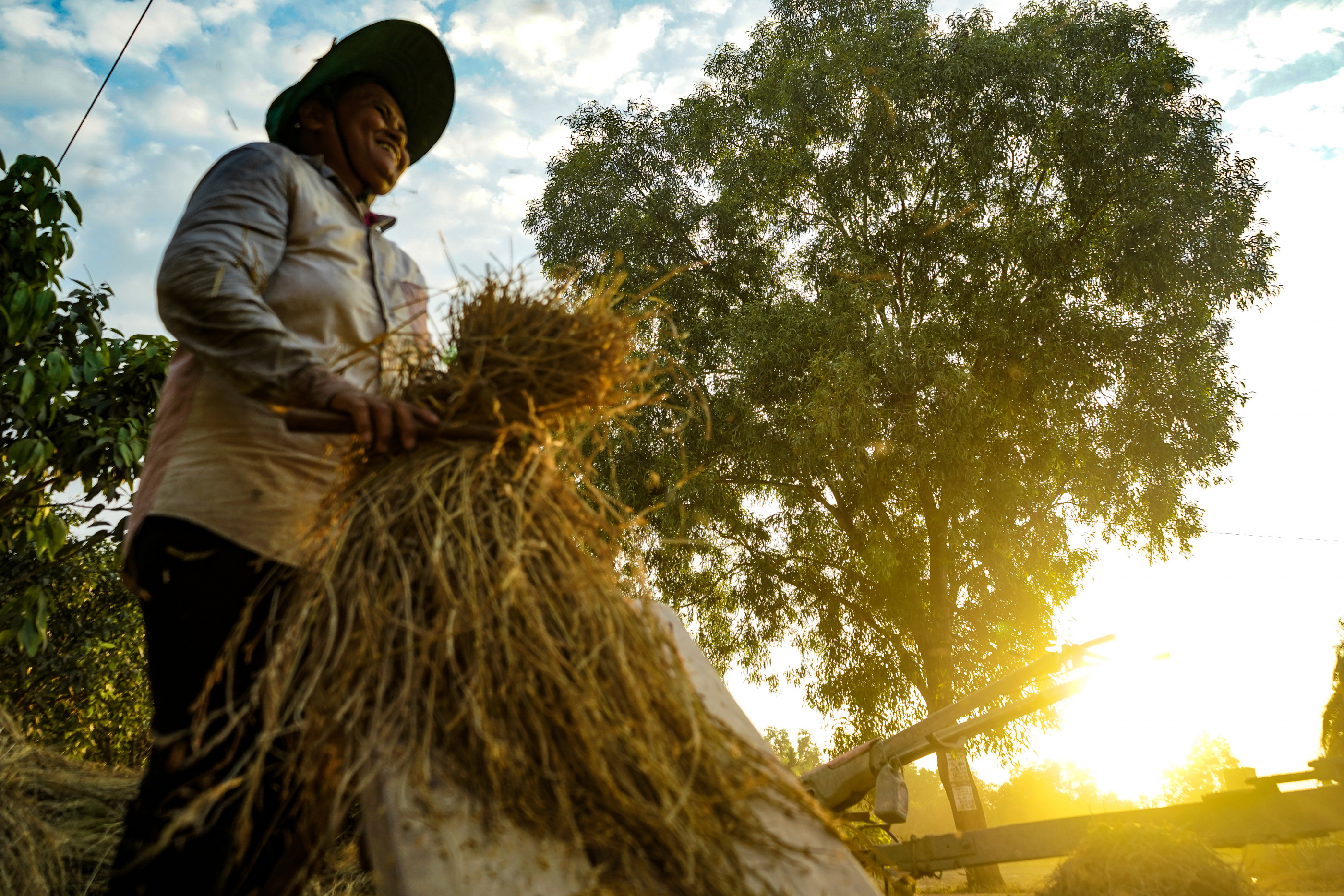Context
In 2022-2023, the Foundation launched its first international call for projects to support projects for 3 years in biodiversity hotspots, those threatened ecosystems identified as critical areas for global biodiversity.
According to the Critical Ecosystem Partnership Fund (CEPF), there are 36 global biodiversity hotspots. To be identified as such, the ecosystem must contain at least 1,500 species of plants that are endemic to the geographical region concerned and cannot be found anywhere else on Earth (which makes them both special and vulnerable to extinction), and must have lost at least 70% of its primary vegetation. Over-exploitation of forests, pollution and the introduction of non-native species have greatly weakened these threatened ecosystems.
Cambodia's wetlands are one of these critical areas of global biodiversity. The protected landscapes of Anlung Pring and Boeung Prek Lapouv are two of only three officially protected wetlands in the Lower Mekong Delta of Cambodia. These wetlands are key areas for biodiversity and are home to many globally threatened bird and fish species. The site is also of vital importance to the livelihoods of around 5,000 local households, which depend on wetland resources including fish, edible plants and water for agriculture.
Anlung Pring and Boeung Prek Lapouv have undergone substantial physical changes over the past 20 years. Short-term economic development programmes have also led to the widespread conversion of the natural landscape - seasonally flooded grasslands and flooded forests - to rice fields, reducing habitat quality and biodiversity.
Indeed, in both areas, rice cultivation is the main means of subsistence: 97% of the local population lives from rice cultivation. However, the varieties currently cultivated are neither sustainable nor viable. Their short life cycle, the use of chemicals they require, the water consumption they generate, and their low market price make these crops as harmful to the environment as they are precarious for the local population.
Supported Project
From 2023 to 2026, the L'OCCITANE Foundation supports the Wildfowl & Wetlands Trust in its 3-year project to restore the wetland ecosystems of the Lower Mekong Delta in Cambodia. The project addresses the multiple threats to the protected landscapes of Anlung Pring and Boeung Prek Lapouv by working with local communities to preserve, restore and enhance the wetlands.
In response to the damage caused by intensive rice cultivation, the project aims to introduce sustainable and viable agricultural practices to reduce pressure on the wetlands. The restoration of the ecosystems, carried out collectively, will have a positive influence on the protected species, but also on all the species of this ecosystem, including those that are important for the economic activity of the local populations.
Another aspect of the project is the revaluation of community ecotourism, which has been in difficulty since the Covid health crisis19 . By creating a functional institution, the revaluation of this activity will limit the redirection of local populations towards remunerative activities that are harmful to the environment.
Some Figures
Total budget 537,097 euros
Final goal 75 Preserved hectares
Final goal 23,150 Beneficiaries
Budget 2023 200,780 euros
Results in 2023 25 Preserved hectares
Results in 2023 9,128 Beneficiaries

Photo credits ©WWT